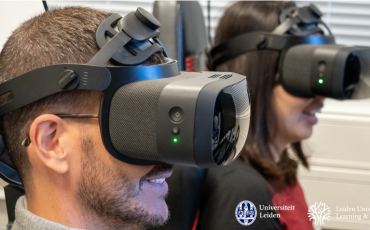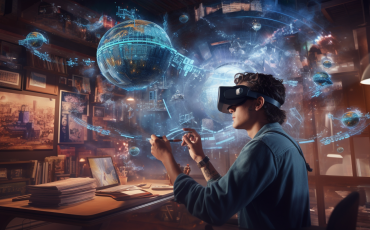Key Takeaways:
Proving XR's Value in Healthcare:
The summit highlighted the extensive documentation of XR's benefits in the medical field, particularly in education and practice. Notably, there's a dedicated journal, the Journal of Medical Extended Reality, focusing on this area.
Challenges in XR Education:
While simulation education isn't new in healthcare, adopting XR for medical education presents promising prospects. However, Richard Vincent, CEO of FundamentalVR who creates XR courses, discussed the challenges in scaling XR education. These are the challenges we are also tackling at Npuls. These findings have also recently been highlighted by an interesting report of JISC and University of Leeds.
Cybersecurity and Privacy Concerns:
Cybersecurity, especially in healthcare, is a top concern. However, privacy issues surrounding XR headsets, with their numerous sensors, lack adequate regulation. There were no signs that we can expect any strict regulation on this matter in a short time.
The summit provided valuable insights and connections, reaffirming the Netherlands' direction with initiatives like DUTCH and Npuls for XR adoption in education. The consensus on scalability being a major challenge emphasizes the need for robust IT infrastructure and resources.



0 Praat mee